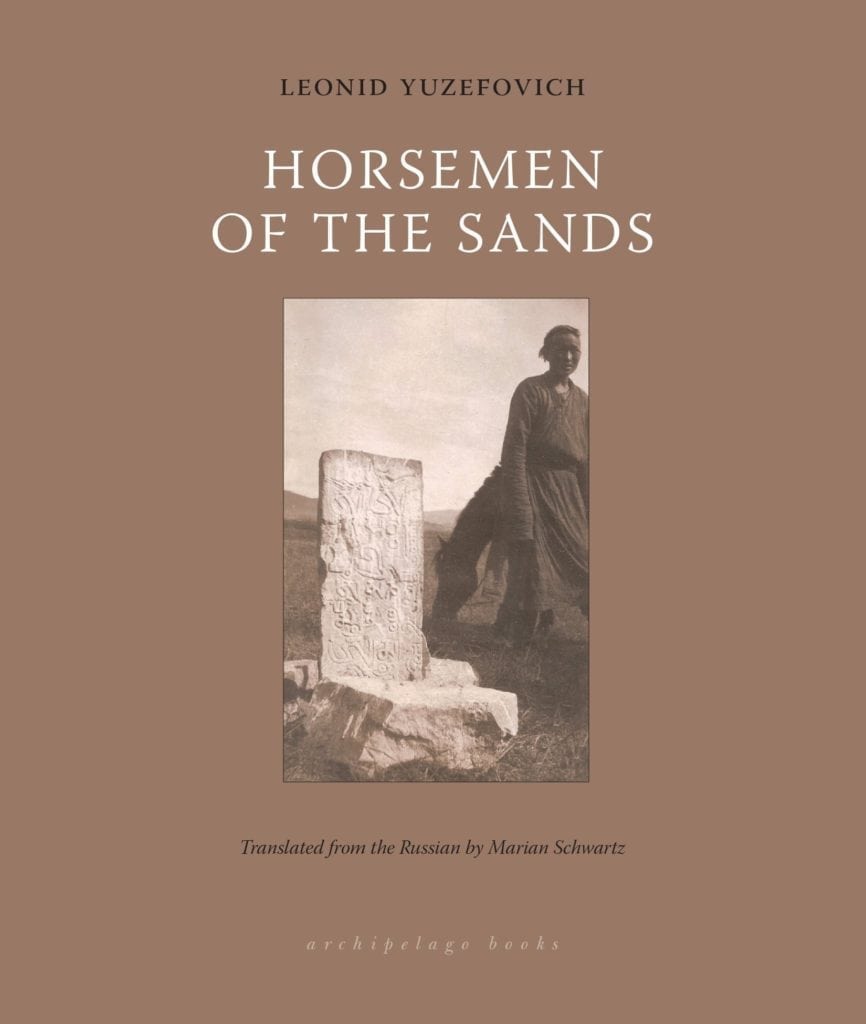Praise
Shot through with a mythic and cipherlike style, Yuzefovich’s novellas are cogent depictions of faith, obsession, power, and the ties that bind.
Without discarding realism, this finely counterpointed tale suggests that magic works only if one believes in it. The same can be said of fiction, and Leonid Yuzefovich’s writing certainly has what it takes to earn our trust.
Because Leonid Yuzefovich seems to have drunk at the same spring that nourished two centuries of great Russian writers, you may feel that you have read him before. But you probably haven’t. He has been well-served by his translator Marian Schwartz, who delivers these very Russian stories in pitch-perfect English.
These are fitting novellas to bring to an American public...they eschew the Russian penchant for long philosophical monologues or dialogues that create philosophical debate and meaning in a work, and instead Yuzefovich opts for the more “American” style of communicating meaning through events themselves...The internal consistency of the novellas is a testament to the craft of the writer, and also to Schwartz’s translation.
History and human drama collide in Leonid Yuzefovich’s Horsemen of the Sands, a wonderful tangle of relationships, religions, and realism...The prose adroitly bears both an ethereal and a concrete quality...culminating in a fascinating meditation on trickery and the power of suggestion.
Yuzefovich is an author who well knows the value of words and is firmly convinced that god is in simplicity. Despite the teeming mangyses and hubilgans here, this is high Russian prose written in superb language, very precise and lucid. “The Storm”… is stunning for its mettle, wit, and psychological acuity. Yuzefovich’s art is slicing open man’s unremarkable covering and revealing his tightly sealed safe with one light blow…
Yuzefovich often takes us to Mongolia. When he writes about that country, he achieves the impossible: he knows and loves it so well and describes it so realistically that he ends up creating his own special Mongolia, a “Mongolia of the spirit.”
Yuzefovich’s chief merit as a writer may be the author’s astoundingly warm, tender, and at the same time humor-filled attitude toward his heroes.
The two novellas collected in Leonid Yuzefovich’s Horsemen of the Sands take all of Russian literature and turn it on its head. Yuzefovich can be as subtle as Chekhov or as brutal as Gogol but underneath it all is a radical vision of the political and emotional history of his country that challenges everything we think we know about that vast land.
The Storm and Horsemen of the Sands are not fast-paced reads, but they move purposefully. The former asks readers to go beneath the surface, while the latter opens up an unfamiliar world and invites us to think about the stories we tell. One can only hope that more of Yuzefovich’s work makes its way into English with all the speed and determination of the horsemen he chronicles.
Yuzefovich, in Marian Schwartz’s crisp and vibrant translation, is a master of the telling detail. Whether animating the vivid strangeness of childhood or illuminating the life of a Russian general in Mongolia, these stories are full of carefully calibrated observations, often tracing exuberant aspirations and tragic follies in equal measure
The framed narrative structure is gripping and seeps with layers of history. In English, Marian Schwartz expertly translates the different storytelling rhythms of each teller.
Dark psychological undercurrents swirl, and tragedies lie hidden beneath the surface . . . deceptively simple.

